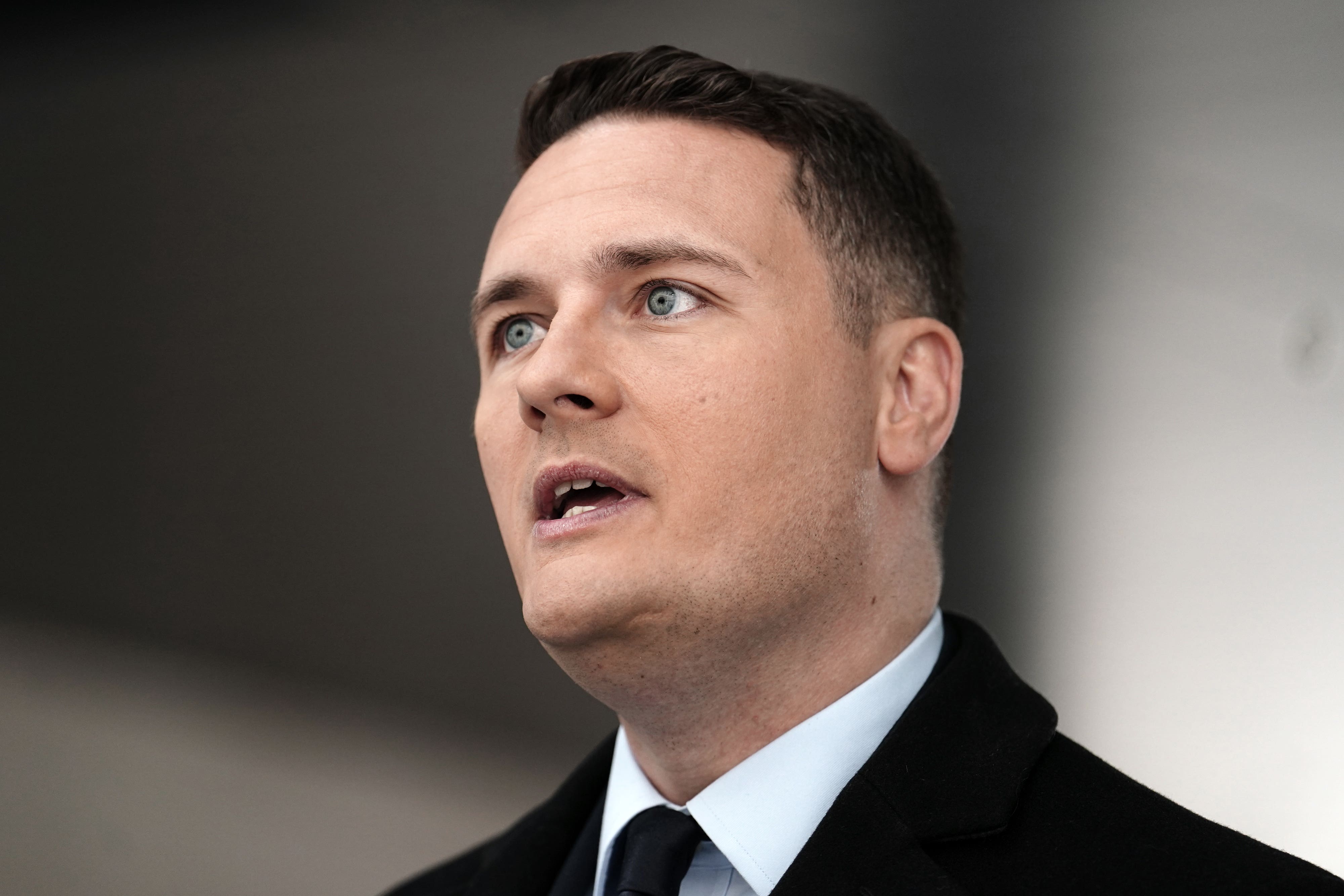Cancer patients waiting more than 670 days for diagnosis and year to start treatment
Last year 500,000 suspected cancer patients waited longer than recommended two weeks to see specialist after GP referral, new figures show

Your support helps us to tell the story
From reproductive rights to climate change to Big Tech, The Independent is on the ground when the story is developing. Whether it's investigating the financials of Elon Musk's pro-Trump PAC or producing our latest documentary, 'The A Word', which shines a light on the American women fighting for reproductive rights, we know how important it is to parse out the facts from the messaging.
At such a critical moment in US history, we need reporters on the ground. Your donation allows us to keep sending journalists to speak to both sides of the story.
The Independent is trusted by Americans across the entire political spectrum. And unlike many other quality news outlets, we choose not to lock Americans out of our reporting and analysis with paywalls. We believe quality journalism should be available to everyone, paid for by those who can afford it.
Your support makes all the difference.Cancer patients are waiting years for a diagnosis and more than a year for treatment despite being “urgently” referred by their GPs, new figures reveal.
A Labour investigation, based on freedom of information requests (FOI) submitted in February 2020 to 74 NHS Trusts, showed that as of January this year patients were waiting up to six months just to see a specialist.
Among the findings were:
- Patients waiting up to six months (171 days) to see a cancer doctor after their GP has urgently referred them to hospital
- Patients waiting up to nine months for tests or scan (262 days) and nearly two years (671 days) for a diagnosis or to have cancer ruled out
- Some patients are waiting more than a year (397 days) to start cancer treatment
Last year, 500,000 suspected cancer patients waited longer than the recommended two weeks to see a specialist after being referred by a GP.
Out of the 60 NHS trusts that responded to the FOI request, 52 saw a patient wait more than half a year to start their treatment in 2022.
In 2021, five hospitals in England saw patients wait more than a year to start treatment, meaning their cancer was likely to have spread. This includes one patient from North Tees and Hartlepool who waited more than a year and a half to start treatment.
Wes Streeting, Labour’s shadow health secretary, said: “How can the Conservatives claim our public services are in good shape, when cancer patients are left waiting and wondering for months and even years, while their cancer could be spreading? I know from my own experience with kidney cancer that every second counts when it comes to cancer.
“Labour will double medical school places to train 7,500 more doctors and 10,000 more nurses a year, paid for by abolishing non-doms. Cancer patients need life-saving treatment more than the wealthiest need a tax loophole. And if Rishi Sunak agrees with that, then why doesn’t he do something about it?”

Saffron Cordery, deputy chief executive of NHS Providers, said: “Cancer is a priority for trust leaders who know the risks to patients who have to wait.
“The pandemic left people waiting longer than trusts wanted for diagnosis or to start treatment but now the NHS is seeing more urgent referrals for suspected cancer than ever. And for the first time, the NHS has just met the faster diagnosis standard for suspected cancer, with three in four people referred receiving a definitive diagnosis or all-clear within 28 days.
“Severe workforce shortages and lack of capacity affect cancer services just like the rest of the overstretched NHS. Trusts need more staff and investment to be able to reduce delays and treat patients as quickly as possible.
“Screening, prevention and early intervention are vital too.”



Join our commenting forum
Join thought-provoking conversations, follow other Independent readers and see their replies
Comments